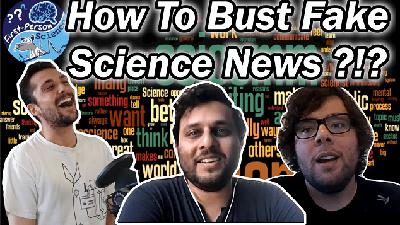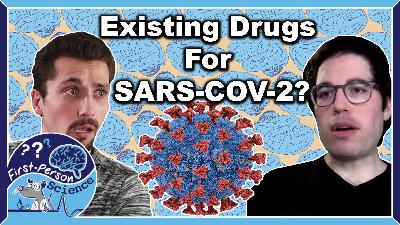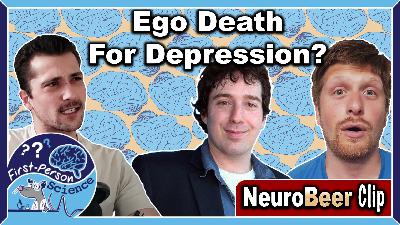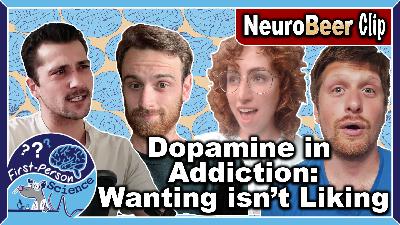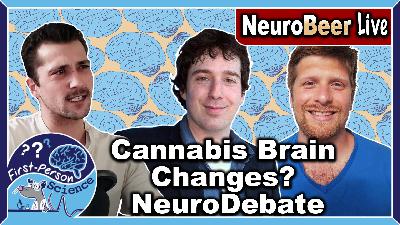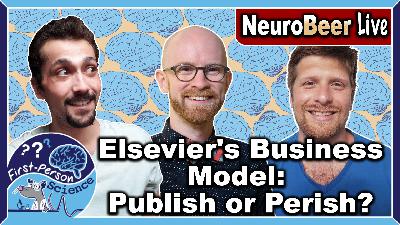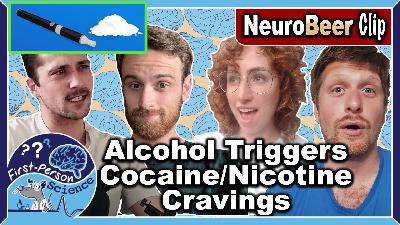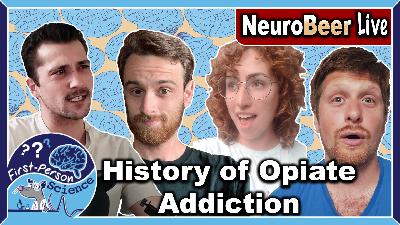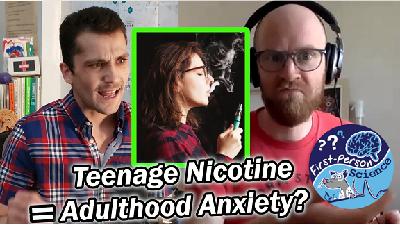How Everyone Can Stand Up To Science Misinformation | Roots Of First-Person Science | FPS#13
Description
In this video we discuss the root causes and some extreme examples of fake news in science. How can we work together to stop this ongoing trend of misinformation and anti-science activism? The Media will often use strategies of selectivity to present a narrative that is most appealing to their financial interests (cannabis causes schizophrenia? Find out tonight at 6). However, these narratives do not work to benefit the public whatsoever. In fact, these techniques conceal particular information, while amping up other info - which ultimately dissuades critical thinking and further fact checking, thus creating confusion and causing more harm than good.
The structure of the information, the literacy of the consumer, and the accessibility of the material determine how the information is used, by whom, and the influence it ultimately has on a group, community, or society. However, there is perhaps a more dangerous perspective; that the way information is presented has the potential to misrepresent and distort, with important parallels and implication for engagement with research, media, and public policy in public forums, such as twitter and facebook.
In some cases, if a series of google searches reveals informative (yet incomplete) summaries of evidence that misrepresent the rigor and strength of the component studies, it has the potential to change practice in a way that may be deleterious to future science, medicine, & public discussion. Special Thanks to GradCast for hosting this episode and supporting the fight again Science Misinformation!
Check out the full episode on their website: www.gradcast.ca or their youtube channel: https://www.youtube.com/channel/UCQOc6TUPpSADZW7_hanKHEQ
Interested in Neuroscience research? Frustrated by hyped up media headlines? Science paywalls obstructing your ability to fact check? We've got you covered. Our 'Journal Club' video podcast give scientists a platform to control the scientific narrative & dispel the misinformation & fake news surrounding their science. Reviewing Neuroscience research papers ft. first-person perspectives & narratives from the scientists themselves. A platform enabling collaboration between scientists & the public, alike. Cutting through the jargon & Demolishing barriers to science communication. Support our goal of improving science communication by subscribing, following & sharing our videos with your friends & social media. Subscribe on YouTube & follow along w/ point-by-point visuals and graphs from the research paper: www.youtube.com/firstpersonsciencepodcast?sub_confirmation=1 Catch episodes LIVE before they make it to YouTube - Ask Questions & have a neuroscientist answer it live! Hosted on Twitch: www.twitch.tv/firstpersonscience/about Follow us to stay up to date on the latest research: Twitter: www.twitter.com/FirstPersonSci Facebook: www.facebook.com/First-Person-Science-106183617589132/ Instagram: www.instagram.com/firstpersonsciencepodcast/ Direct Audio Download: www.firstpersonscience.podbean.com RSS Feed: https://feed.podbean.com/firstpersonscience/feed.xml Want to improve public scientific literacy and empower those without science backgrounds simultaneously? Want to share your research or get involved with the show? Get in touch @ www.firstpersonscience.ca or Email us: firstpersonsciencepod@gmail.com
Produced by Roger Hudson, PhDc
Directed by Dr. Mina Nashed, PhD
Visual Effects by Dr. Stephen Daniels, PhD
Audio Mixing by Dr. Paul Sheppard, PhD
Digital Marketing by Bryan Jenkins, PhDc
Theme music: MegaDisko by Navigator Black & the Indighost

